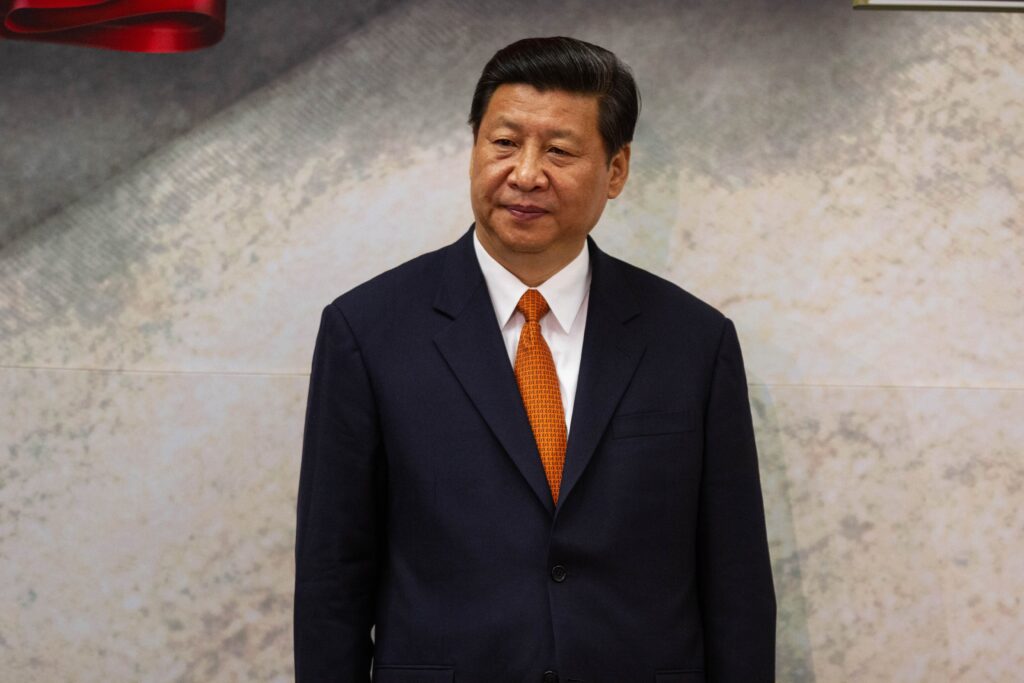China has raised tariffs on all US goods from 84% to 125%, marking a sharp move in the ongoing trade fight with Washington. The increase started on Saturday and comes as a direct reply to the United States’ own high tariffs on Chinese products. The move has sent shockwaves through global markets and deepened concerns over the future of US-China economic ties.
China Responds to US Tariffs with Force
Beijing announced the tariff hike through its Finance Ministry. Officials said the 125% rate now matches the tariffs the US already imposes on Chinese goods. The Ministry made it clear that China would not raise the rate higher but warned that it was prepared to act again if the US made further moves.
Calling the US actions “meaningless” and “embarrassing,” Chinese officials expressed frustration. They claimed there was little interest in importing US goods under the new tariff levels. “There is no real demand for US products at these prices,” one official said. China’s message was clear—if Washington escalates the trade fight, Beijing will hit back harder.
China Promises Strong Retaliation
Chinese leaders have said they will not get caught up in what they called “playing numbers.” Still, they stressed that any serious threat to China’s national interests would face strong retaliation.
The Finance Ministry’s sharp language shows how high the tensions have grown. Beijing is tired of being treated unfairly, according to state media. Officials said they would rather build fair global partnerships than be forced into trade battles.
Global Markets React to Tariff News
The reaction from global markets was swift. Stocks fell sharply after the news broke. In the US, the S&P 500 and Dow Jones both dropped before Wall Street even opened. The US dollar lost nearly 2% of its value against the euro, a sign that investors are worried.
Many investors rushed to buy US Treasury bonds, often seen as a safer place for money during uncertain times. As demand for bonds rose, yields also jumped. This points to nervousness in the debt markets and fears of long-term financial stress.
Market experts warned that the trade war could hurt both economies. Some said it might even damage the United States’ role as the top global economic power. “We are entering unknown waters,” said one financial analyst in New York.
Trump Stands Firm on Tariffs
Despite the chaos in the markets, former President Donald Trump stood by his trade policies. He said people were “a little too nervous” and insisted that the tariffs were needed. Trump argued that China had long taken advantage of the global trade system and needed to be held accountable.
His administration paused most of its new tariffs—nicknamed “Liberation Day” tariffs—for 90 days. But that pause does not include China. Instead, the full 125% tariff now applies to all goods coming from China. Other nations face a lower 10% base rate during the pause.
Trump defended his approach, saying the tariff hikes would help fix trade imbalances. He claimed that US workers and companies would benefit in the long run.
China Builds Global Support Against US Tariffs
In contrast to Trump’s tough stance, China has reached out to the world. Premier Li Qiang held talks with European Commission President Ursula von der Leyen. Chinese diplomats also met with leaders from other countries in Asia and Africa.
Foreign Ministry spokesman Lin Jian said that “a just cause gains global support.” He warned that if the US continued to act alone, it would lose the trust of other nations. “You cannot lead by bullying,” Lin added.
Still, not every country may want to take China’s side. Some nations remain cautious due to past conflicts with Beijing. But China is working hard to form strong trade alliances, hoping to stand firm against US pressure.
US-China Trade Ties Still Deep
Despite the current fight, economic ties between the US and China are still very strong. In 2024, trade between the two countries reached nearly $700 billion. This shows how closely their economies are linked, even in tough times.
Some experts say that while the tariffs may hurt in the short term, they may not be enough to break the relationship. “It’s like a bad marriage,” said one economist. “They fight, but they still need each other.”
A Growing Rift With Global Impact
As tensions rise, more people are watching closely. Farmers in the US, who rely on exports to China, worry about lost sales. Tech companies fear supply chain problems. In China, consumers may soon feel the effects of higher prices on US goods.
The long-term impact of this trade war is still unknown. But one thing is certain—the world economy could change if the two biggest powers continue to clash.


